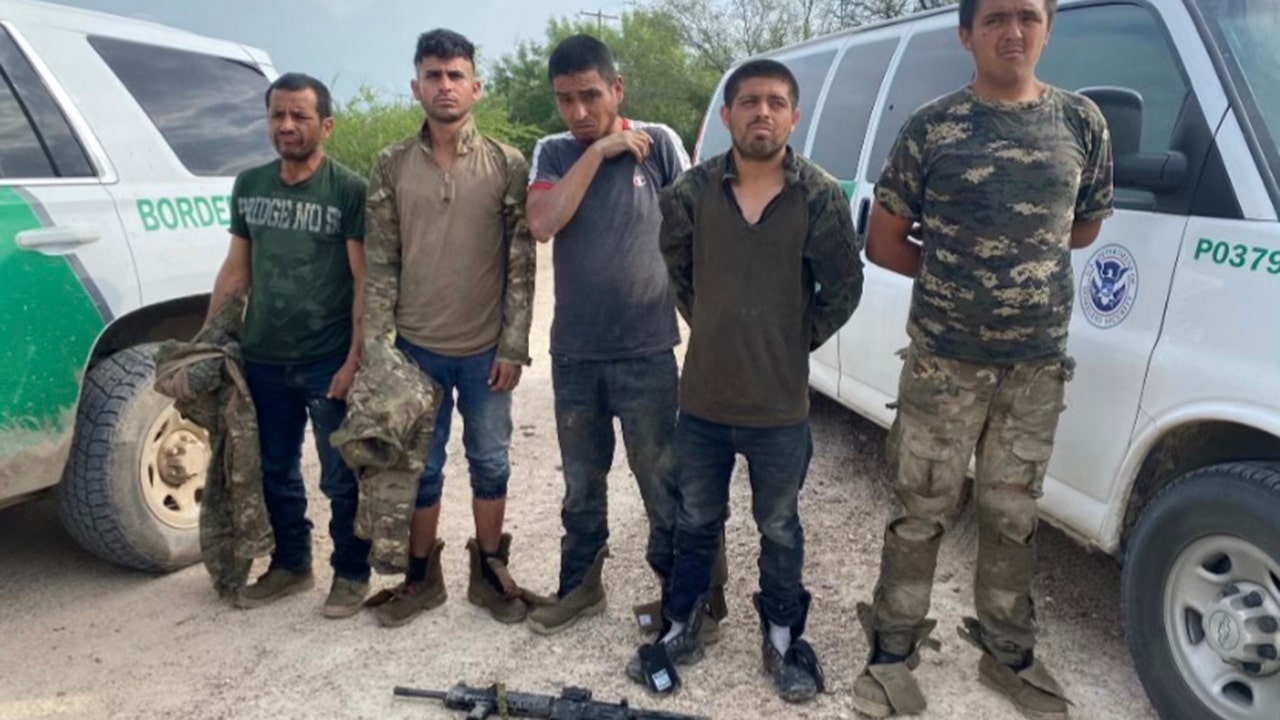The Hidden Consequences: How Mexico’s Cartel Crisis Breaches International Law
As Mexico grapples with its ongoing cartel violence, the implications extend far beyond its borders, impacting American citizens in unexpected ways. The pervasive influence of drug cartels in Mexico creates a complex web of challenges that intertwine with international law, human rights, and regional security. This investigation uncovers the international law violations at play and the resultant effects on communities in the U.S. Understanding these dynamics is crucial for both policymakers and citizens as they navigate the repercussions of this crisis.
The Cartel Crisis in Context
Mexico has been battling an escalating wave of violence linked to drug trafficking organizations (DTOs) for over a decade. Originally ignited by territorial disputes, the conflict has evolved into a multifaceted crisis involving extortion, kidnapping, and murder. The Mexican government, despite its efforts to combat these cartels, has often found itself outmatched. The violence has led to significant loss of life and has destabilized entire regions.
According to the National Institute of Statistics and Geography (INEGI), over 340,000 people have been killed in drug-related violence since 2006. This grim statistic highlights the severity of the crisis and its profound implications for Mexican society and governance.
International Law Violations
At the heart of the cartel crisis are numerous violations of international law. Drug cartels not only engage in violence against each other but also target civilians, leading to widespread human rights abuses. The nature of these actions raises questions about compliance with various international treaties and conventions.
- Human Rights Violations: The Universal Declaration of Human Rights guarantees the right to life and security. Cartel-related violence directly contradicts these principles, as innocent civilians are often caught in the crossfire.
- Drug Trafficking and International Law: The United Nations Convention Against Illicit Traffic in Narcotic Drugs and Psychotropic Substances (1988) obligates nations to combat drug trafficking. Mexico’s struggle to control its cartels highlights the challenges of adhering to these international commitments.
- Extradition Issues: The failure to extradite cartel leaders to face charges in other countries can also be seen as a breach of international obligations, particularly when these individuals are implicated in crimes that span borders.
The Ripple Effect on American Communities
The consequences of Mexico’s cartel crisis are not confined to its borders. In the United States, the impact is felt in various ways, particularly in communities along the border and beyond. The drug trade facilitated by these cartels has led to a rise in addiction, crime, and violence in American neighborhoods.
Increased Drug Availability
The U.S. is the primary market for illicit drugs produced and trafficked by Mexican cartels. Fentanyl, methamphetamine, and heroin are just a few examples of substances flooding American streets. According to the Centers for Disease Control and Prevention (CDC), drug overdoses have surged, with over 100,000 deaths recorded in a single year, largely driven by fentanyl.
Violence and Crime Spillover
As cartel violence escalates in Mexico, there is an observable spillover effect in U.S. cities. Gang-related violence, often linked to drug trafficking operations, has increased, particularly in areas with significant drug trafficking routes. Law enforcement agencies report that cartel influence has permeated local gangs, leading to violent turf wars.
Legal and Policy Responses
Addressing the cartel crisis and its international implications requires a coordinated response from both Mexico and the United States. Various strategies have been proposed and implemented, although their effectiveness has been debated.
- Enhanced Cooperation: The Mérida Initiative, a security cooperation agreement between the U.S. and Mexico, aims to combat drug trafficking and organized crime. However, critics argue that it has not effectively reduced violence or improved governance in Mexico.
- Community Engagement: American communities have begun to prioritize education and prevention programs to mitigate the impact of drug addiction and violence. These initiatives focus on outreach, rehabilitation, and support for at-risk populations.
- Policy Reevaluation: There is a growing discourse in the U.S. about reevaluating drug policies, including discussions around legalization and decriminalization as potential solutions to combat drug-related violence.
The Role of International Bodies
International organizations, including the United Nations, have a pivotal role in addressing the cartel crisis. By fostering dialogue and cooperation among nations, these bodies can help establish frameworks for combating drug trafficking and related violence.
Furthermore, international law must evolve to address the unique challenges posed by transnational crime. Strengthening legal frameworks and ensuring accountability for those involved in drug trafficking can help uphold human rights and reduce violence.
Conclusion: A Collective Responsibility
The hidden consequences of Mexico’s cartel crisis reveal a complex interplay of law, human rights, and community safety. As this crisis unfolds, it is imperative for both Mexican and American authorities to recognize the international dimensions of the issue. By working collaboratively and embracing innovative solutions, they can address not only the violence but also the underlying socio-economic factors that fuel the cartel crisis.
Ultimately, it is a collective responsibility—one that calls for informed citizens, accountable governments, and a commitment to respecting and upholding international law. As the situation continues to evolve, understanding these hidden consequences will be key to fostering a safer and more secure future for both nations.
See more CNN Headline


